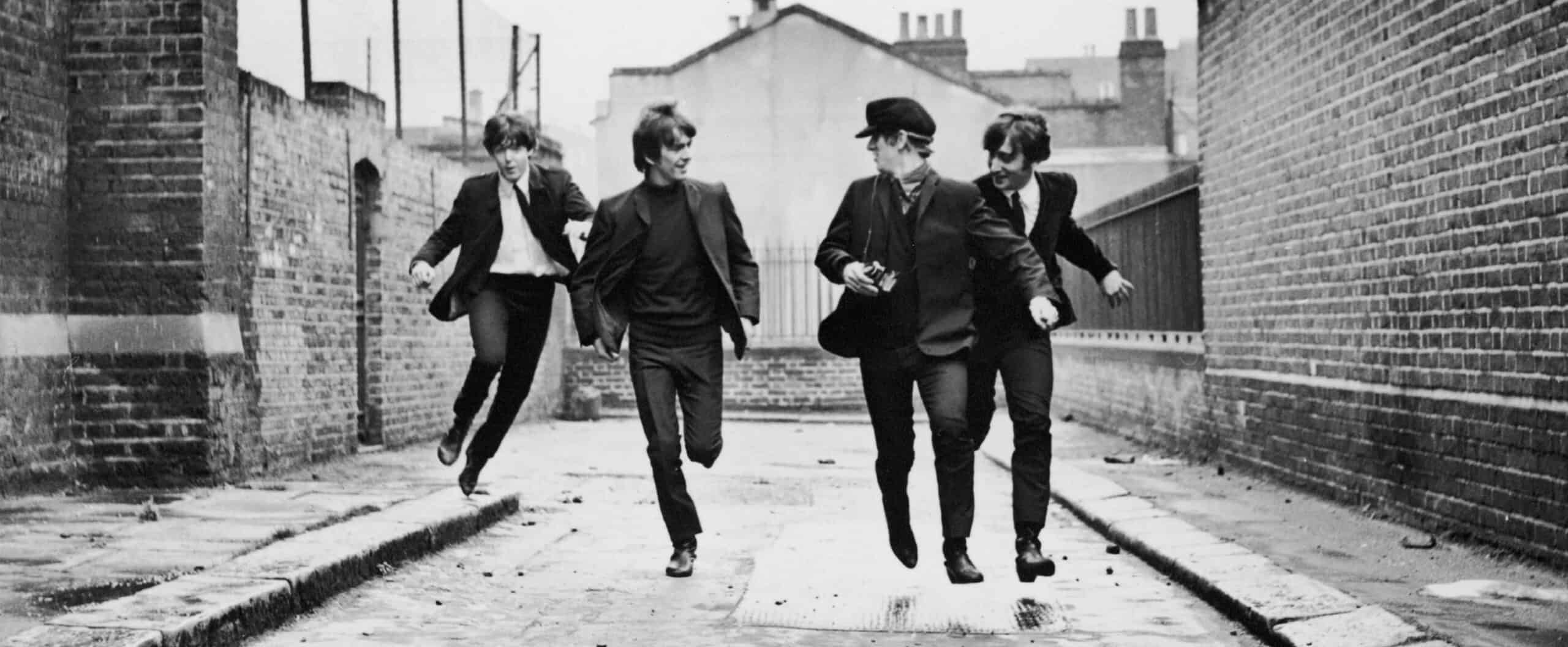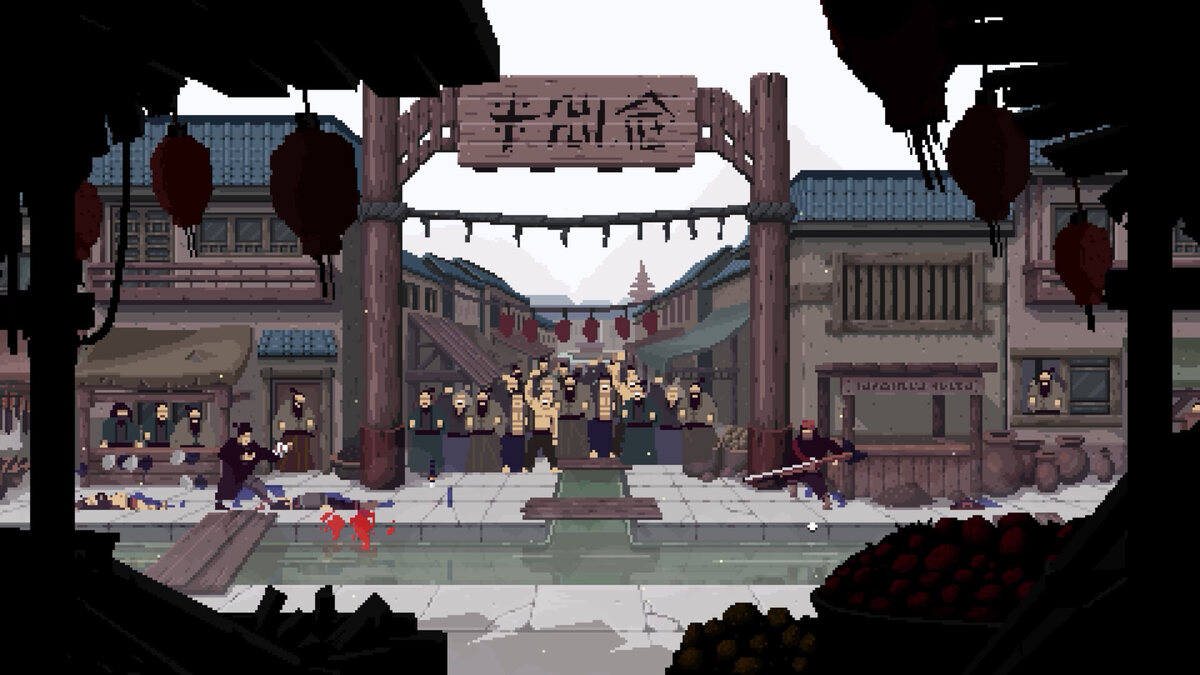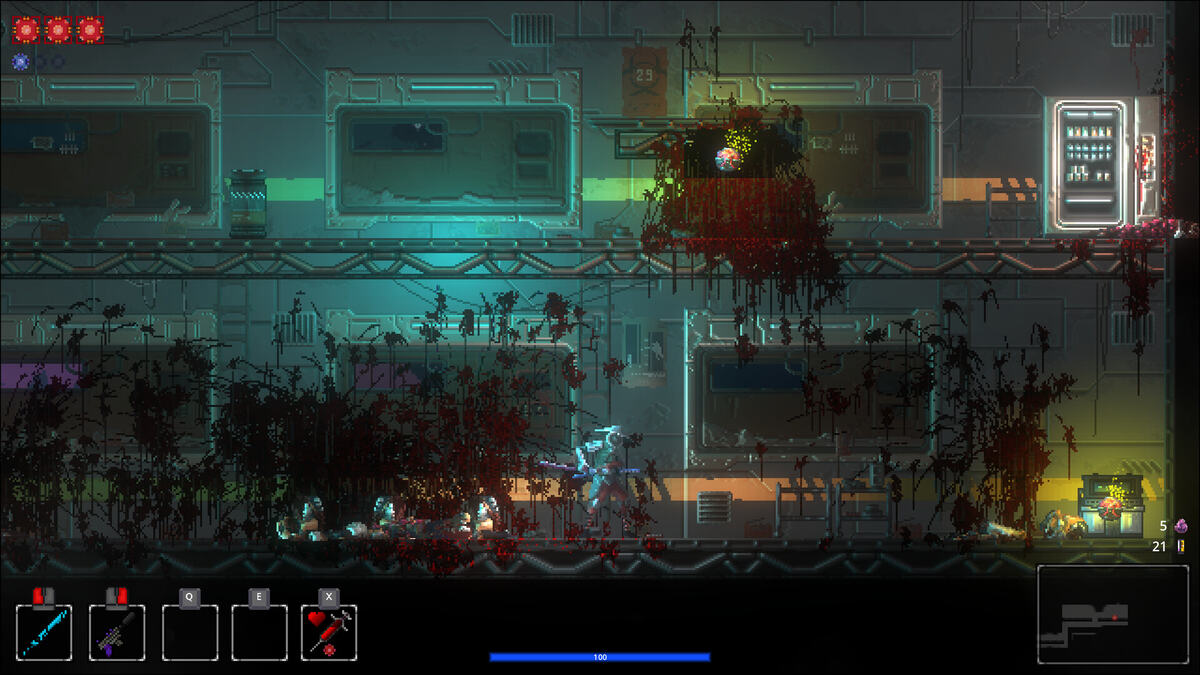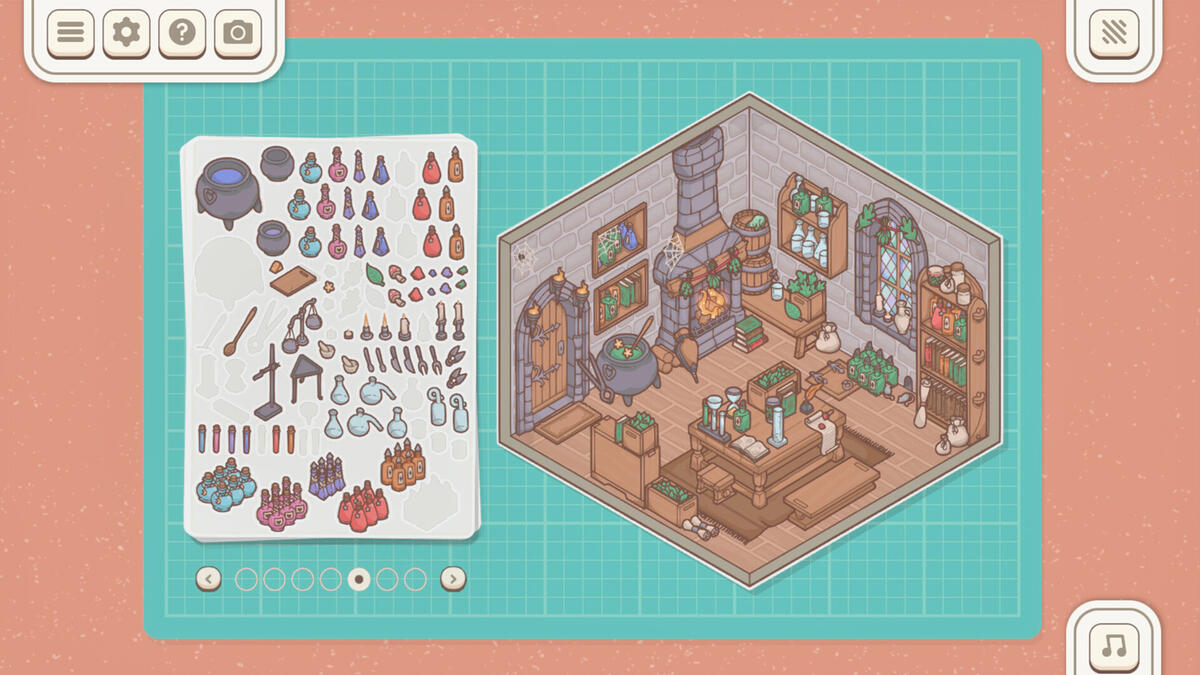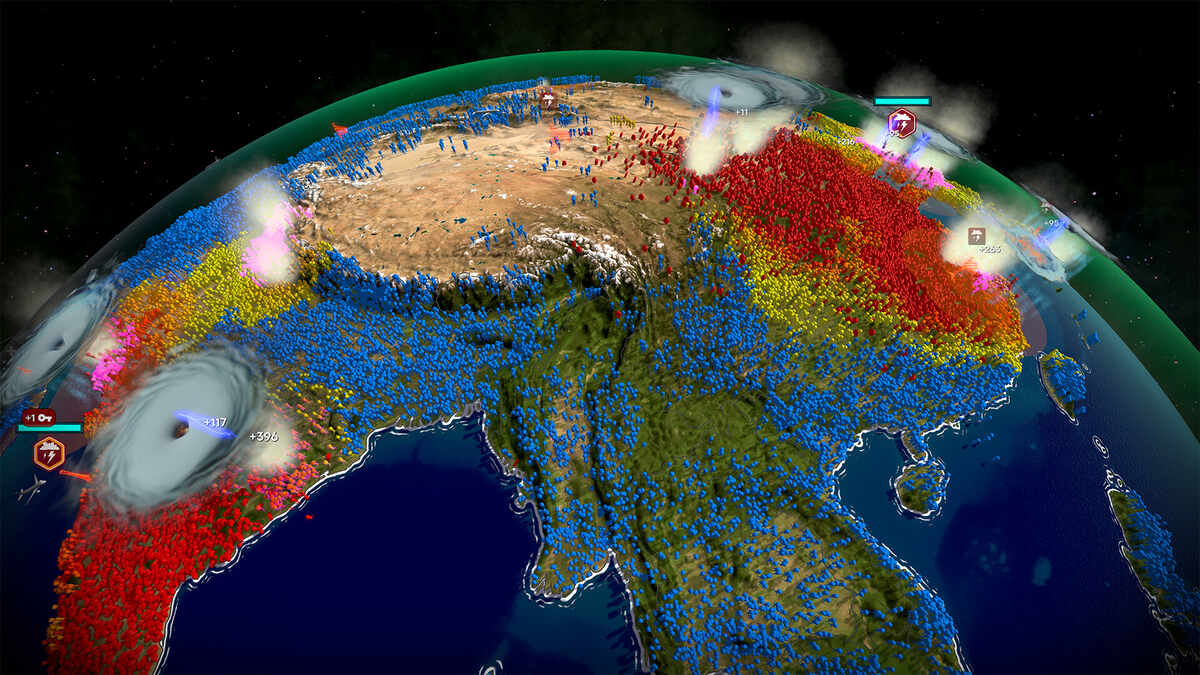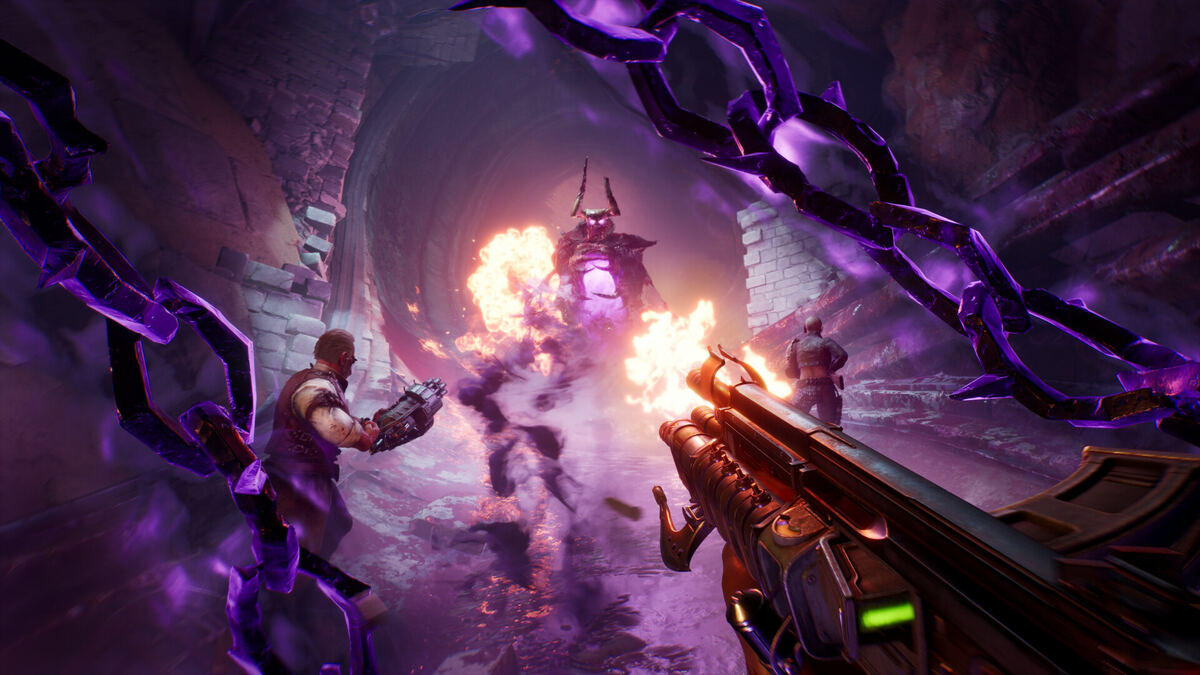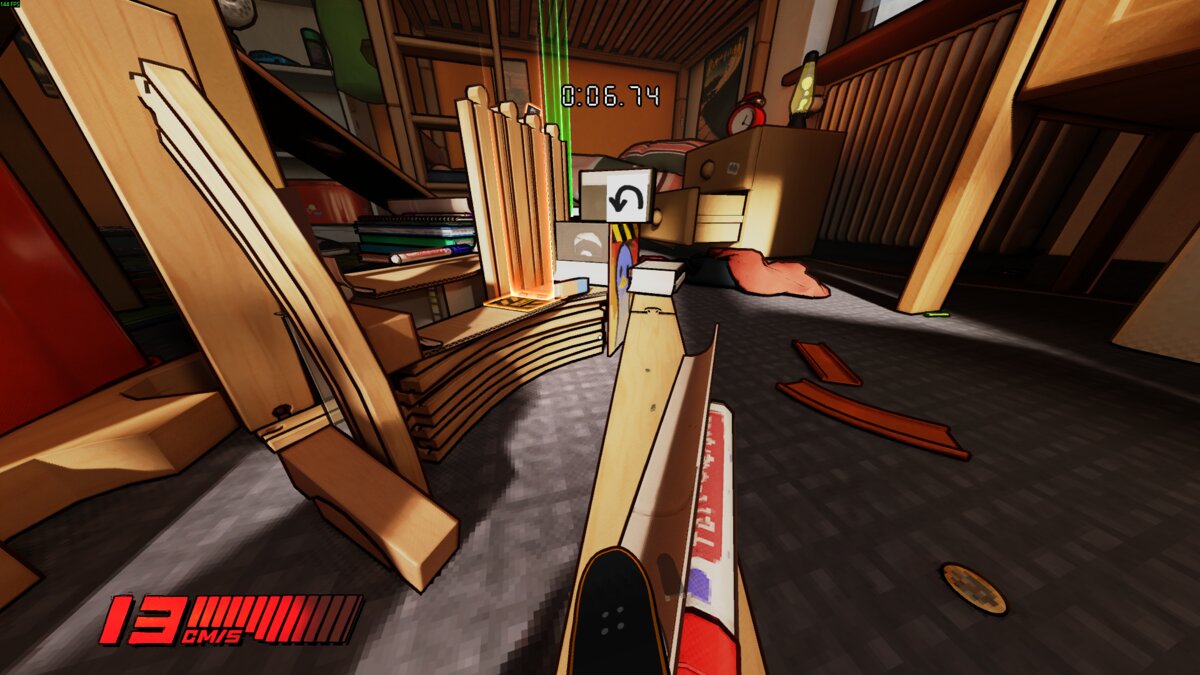You can trust VideoGamer. Our team of gaming experts spend hours testing and reviewing the latest games, to ensure you're reading the most comprehensive guide possible. Rest assured, all imagery and advice is unique and original. Check out how we test and review games here
Josh Randall is the creative director at Harmonix and the man in charge of the forthcoming Beatles: Rock Band. We caught up with him at E3 for a quick chat about the band’s involvement, DLC and the console-less future of the series.
VideoGamer.com: How much input have the two surviving Beatles had into this game?
Josh Randall: When we first started out with making this game, we decided that it was going to be crucial to work closely with those guys as our partners. So pretty much every day we were working with Giles Martin, the son of George Martin, who was our music producer, and we were working closely with Apple Corps. And then we would basically set up a lot of meetings with Paul and Ringo and Yoko and Olivia Harrison. We’d show them the latest build of the game, show them sketches and sort of get their buy-in. So yeah, they were heavily involved, which was great. And by having them so dedicated to making the game good, that made the game good! [laughs]. We really wanted to make the ultimate living treatment to The Beatles, and they were really helpful with that. They’re really big fans of the game.
VideoGamer.com: So they were aware of Rock Band already?
JR: Well, the whole project came about because Dhani Harrison, George Harrison’s son, is a big fan of our early games. He wanted to meet with us, so we got talking. We were like, “We should do a Beatles game, wouldn’t that be cool?” and then it was like, “Hang on, we could actually pull this off.” But yeah, those guys have all seen it and given it their blessing, which has been hugely gratifying.
VideoGamer.com: In terms of the actual game, am I right in thinking this is pretty much the Rock Band 2 engine?
JR: It’s built around the Rock Band 2 engine, but there’s all-new graphical content and a bunch of re-writes everyday for things like the vocal harmonies, which is probably the most ambitious feature we’ve worked on. The dreamscapes were another huge thing. We started to toy with music venues in Rock Band 2, but with Beatles Rock Band we basically started from scratch and really went for it this time. When you get to Abbey Road Studios, the walls melt away and you’re transported.
VideoGamer.com: Do you think there’s a problem for games of this type, in that there are only so many places you can go? Harmonix has a great system, but do you ever feel you’re faced with an if-it-ain’t-broke-don’t-fix-it situation? Or do you have a lot of ideas you still want to implement?
JR: I think for the future we have a ton of ideas. I think we’ve made huge progress on multiple fronts in terms of the parts of our gameplay that inspire people to take the next step and become musicians. With Beatles Rock Band we’re basically teaching the world to sing in harmony with one another. I’ve never been able to do that until I started working on this game, and even last night at our party I saw people singing together without any of us telling them how to do it. I thought that was pretty cool. So, stuff like that… I think we’re actually going to be trying to introduce people to their own musical creativity. I’m excited to keep pushing that forward.
VideoGamer.com: Guitar Hero World Tour introduced a music studio, which seemed like a decent idea. Is that something you’re interested in pursuing for Rock Band?
JR: I don’t really have anything to say about that right now. I’ve been The Beatles guy for two years now, you know? We’ve got people thinking big thoughts back in the lab, but I’ve just been trying to… you know, [get the Beatles game done].
VideoGamer.com: In terms of Rock Band’s future, clearly you’ve got a great format, but as a developer it must be tricky to know where you go with it.
JR: Yeah. Well, we’ve been doing it for a long time, right? I’m coming up on 10 years at Harmonix, and from the beginning I think we’ve always been trying to trying to push the idea of getting people in touch with their musical side. So I think we’re just going to come up with new ways to explore that.
VideoGamer.com: How do you view the relationship between DLC, Track Packs and stand-alone games such as this? What role do they each play?
JR: I like the whole idea of Rock Band as its own platform. You can see up there [gestures to an enormous poster listing musicians] we have, like, 700 bands. Something like this had always been a dream of ours at Harmonix, a billion songs and you get to choose what you really want to hear. And with Beatles Rock Band… these guys are arguably the most important band ever. If anyone deserves their own game, it’s these guys. There’s such a rich history behind the band that it was a really compelling story to tell, both musically and visually. Their story is the stuff of great games, you know? But it’ll be interesting to see… I’m not really sure what’s next in terms of DLC or track packs, but for The Beatles they deserved their own thing.
VideoGamer.com: What I was getting at was… Well, if you look at the music industry, everyone is migrating away from the idea of physical media, towards mp3s. Harmonix seems very dedicated to its DLC content, but could you foresee a point in the future where the platform is entirely separate from the songs? Where it’s just a constant stream of DLC, rather than new games coming out every year?
JR: I don’t know. All this stuff is splintering off in lots of really interesting directions. I think you could foresee a future where maybe you don’t even have a console. Your instrument can have all these songs and you just plug it into your TV. I’m sure it’s going to start to move in weird ways that no-one’s even thought of yet. We’re obviously focused on the consoles, but outside of Harmonix there are people doing interesting stuff in the mobile space. It’s going to be interesting when it all splinters apart and then comes back together in some form we’ve not even thought of yet.
VideoGamer.com: Do you think Rock Band could eventually evolve into something like iTunes?
JR: It’s pretty close now, right? I think Rock Band has the most DLC of any console game ever made, so I think that model [iTunes] was certainly an inspiration for the game. Also, we’re going to have DLC for The Beatles, which is really cool. I think the other component you have to think about is that it’s pretty easy to download a song. It’s a certain file size, and that has all the note data and stuff. But then you need the visuals to match up with, the full environments and all that, and right now that stuff fits on a DVD or a Blu-ray or whatever. But if we get better Internet or whatever… or if it gets easier to create these beautiful graphics… With The Beatles Game, everything was carefully crafted to be historically accurate without being periphery. We were trying to capture the spirit of the guys and time, and they [The Beatles] were really encouraging us to do something new. They didn’t want us to go back and re-hash old Beatles stuff. So that was a daunting challenge for us. We were put in this position where the entire world has heard these songs before and they’re all really dear to people’s hearts. When you hear Here Comes the Sun you immediately have a picture in your head, or a feeling that you get when you hear that song. And so we had to create these visuals that were appropriate, and it was so gratifying to go through this process and have them say, “Yeah, that looks good.”
The Beatles: Rock Band will be released on PS3, Wii and Xbox 360 on September 9.
The Beatles: Rock Band
- Platform(s): PlayStation 3, Wii, Xbox 360
- Genre(s): Arcade, Music
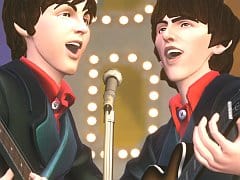
/https://oimg.videogamer.com/images/4433/the_beatles_rock_band_7.jpg)
/https://oimg.videogamer.com/images/ccdd/the_beatles_rock_band_6.jpg)
/https://oimg.videogamer.com/images/6806/the_beatles_rock_band_1.jpg)
